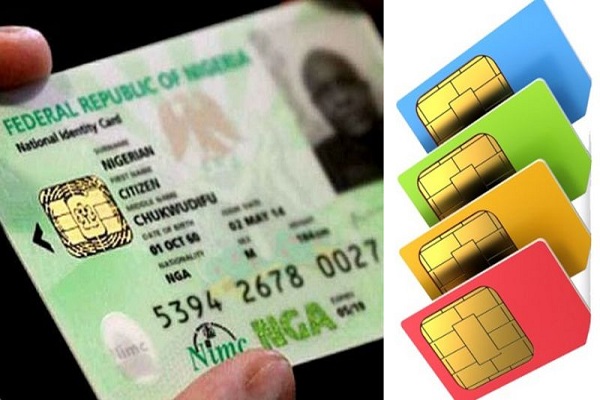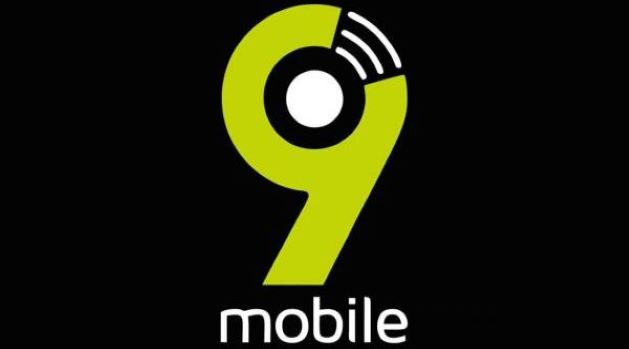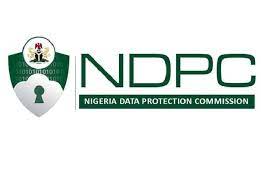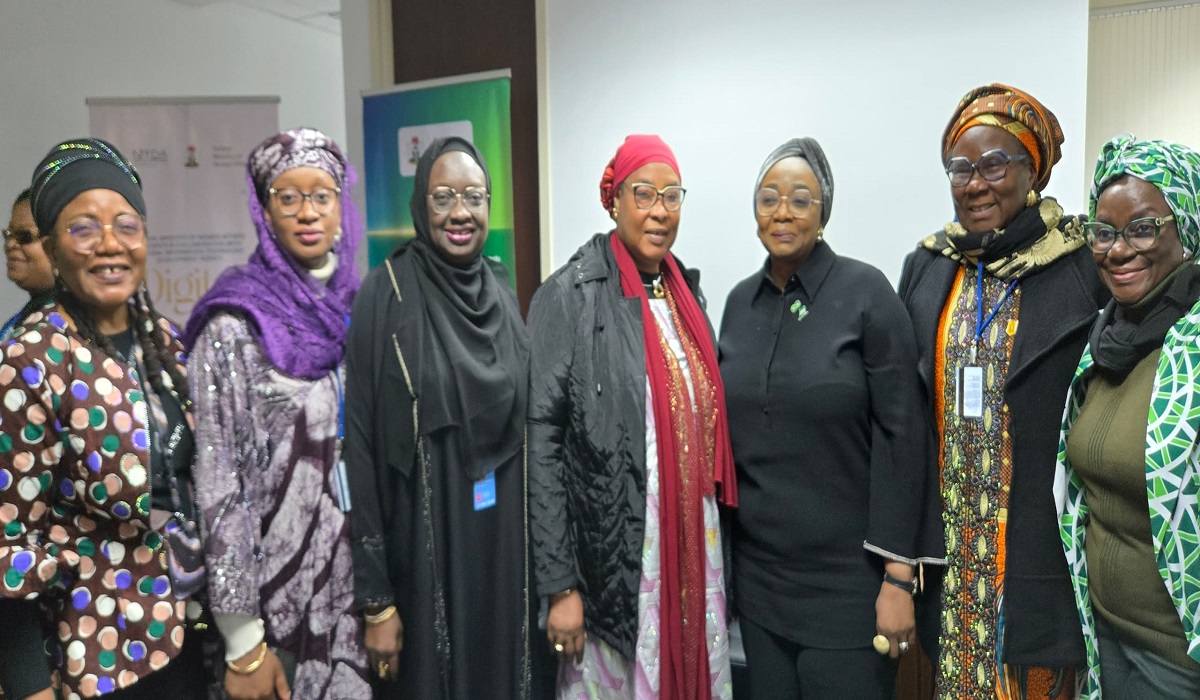Telecom
FG Extends NIN-SIM Verification Deadline to October 31, As Enrolments Hit 59.8m

The Federal Government has extended the deadline for National Identity Number (NIN)-Subscriber Identity Module (SIM) data verification to October 31, 2021.

The government said that the decision to extend the deadline was made following a request by stakeholders to accommodate registration in hard-to-reach remote areas, foreigners and diplomatic missions, diaspora and address low enrolments in schools and hospitals, as evidenced by enrolment statistics.
FG in a joint statement signed and released by Dr. Ikechukwu Adinde, director, Public Affairs, Nigerian Communications Commission and Mr Kayode Adegoke, head, Corporate Communications, National Identity Management Commission, said the decision also followed a review of the progress of the exercise which indicated significant progress, hence the need to consolidate the gains of the enrolment and NIN-SIM verification process across the country.
According to the statement, “As at July 24, 2021, there are over 5,500 enrolment systems within and outside the country and this would significantly ease the NIN enrolment process and subsequent linkage of NIN to SIM.
“The administration of His Excellency, President Muhammadu Buhari, GCFR, has approved the extension as part of efforts to make it easier for its citizens within and outside the country, and legal residents to obtain the NIN and it is important to take advantage of the extension.
“The NIN-SIM linkage also makes it easier for the security agencies to carry out their statutory duties and the relevant parastatals under the Ministry of Communications and Digital Economy are supporting them as required.
“There are now a total of 59.8 million unique NIN enrolments, with average of 3 to 4 SIMs per NIN. With the great number of enrolment centres within and outside the country, and many more coming up, every citizen, legal resident, and Nigerian citizens living in diaspora should be able to obtain their NINs”.
Dr.Isa Ali Ibrahim Pantami, Minister of Communications and Digital Economy, on behalf of the Federal Government, commended the Kano State government and other States that have made NINs a key requirement for school enrolments and access to other important services.
The Federal Government is also excited at the news that the use of NIN in the process of the Joint Admissions and Matriculation Board (JAMB) exam significantly reduced the challenge of exam malpractice.
The Minister, on behalf of the Federal Government, appreciates Nigerians for their patience and compliance with the Federal Government’s directive on the NIN-SIM registration exercise.
Similarly, the Executive Vice Chairman of the Nigerian Communications Commission (NCC), Prof. Umar Garba Danbatta, and the Director-General/CEO of the National Identity Management Commission (NIMC), Engr. Aliyu Azeez, urge citizens and legal residents to make sure they use the opportunity to complete the process of enrolment and verification before the October 31 deadline.
Telecom
9mobile Denies Shutdown Rumours, Promises Improved Services

9mobile, telecommunications operator, has described as untrue the rumors suggesting that it has shut down its operations.

according to the telcos, these claims are entirely baseless and aimed at causing unnecessary panic among our valued subscribers, the mobile operator said in a statement.
“We understand that some customers have recently faced challenges, particularly with Mobile Number Portability (MNP), a service that enables seamless network switching.
“We want to clarify that 9mobile has never restricted customers from porting to other networks. We remain fully compliant with industry regulations and committed to delivering fair, transparent, and customer-focused services.
“While there have been temporary technical challenges affecting MNP, these issues have now been largely resolved. Some minor delays may still occur due to ongoing system optimizations, but we are actively working to ensure a smoother experience for all users.
“As a proudly Nigerian brand, we embody the resilient spirit of our people and remain steadfast in our commitment to overcoming challenges. We acknowledge the temporary service disruptions some customers may have experienced in different locations.
“However, we assure you that these disruptions are part of a broader transformation effort aimed at modernizing our infrastructure and improving overall service quality.
“Our ongoing investments in network upgrades and service expansion will soon yield significant improvements, ensuring reliable connectivity for individuals, businesses, and communities.
“We sincerely appreciate the patience and loyalty of our subscribers during this transition. While challenges exist, we are making significant progress and are confident that brighter days are ahead. We remain dedicated to providing exceptional service and keeping you connected to limitless opportunities”.
Telecom
TikTok and Truecaller Face NDPC Investigation Amid Data Protection Concerns

Nigeria Data Protection Commission (NDPC) has initiated an investigation into the data processing practices of Tiktok and Truecaller, following growing concerns about potential privacy violations.

Dr. Vincent Olatunji, the Chief Executive Officer of the NDPC, made the announcement today during a press conference in Abuja, where he also revealed the issuance of the Nigeria Data Protection Act – General Application and implementation directive (NDPC Act – GAID), 2025.
Dr Olatunji stated that the commission’s primary concern is how these platforms manage Nigerian users’ personal data, including potential breaches of consent, data sharing with third parties, and overall compliance with the Nigeria Data Protection Act (NDPA), 2023. He confirmed that the NDPC is actively investigating Tiktok and Truecaller’s data processing activities to ensure they comply with Nigeria’s data protection laws.
“The goal is to safeguard the privacy rights of Nigerians and hold organizations accountable for how they collect, store, and use personal data,” he added.
This investigation comes amid increasing scrutiny of global tech companies regarding data privacy, especially concerning how personal information is processed, stored, and transmitted beyond national borders.
The NDPC act – GAID, 2025, issued today, provides a detailed framework for implementing Nigeria’s data protection law, outlining compliance guidelines, enforcement mechanisms, and obligations for both public and private organizations.
Dr Olatunji emphasized that the directive aims to strengthen Nigeria’s digital economy by fostering trust in data governance while ensuring individuals’ rights to privacy are respected in accordance with international best practices.
He reiterated that companies operating in Nigeria must comply with the country’s data protection regulations or face regulatory actions, including fines and potential restrictions.
The NDPC has urged the public to report any data privacy violations and reaffirmed its commitment to transparency and due process in its investigations.
The commission noted that reporting data breaches has become more accessible through dedicated channels on its official website.
Telecom
Nigeria Charts New Course to Bridge Gender Digital Divide at UN’s CSW69

In a resounding commitment to bridging gender digital divide, the National Information Technology Development Agency (NITDA), in collaboration with the Federal Ministry of Women Affairs (FMWA), has taken a decisive step toward closing the gender digital divide by presenting the National Gender Digital Inclusion Strategy (NGDIS) at the United Nations 69th Session of the Commission on the Status of Women (CSW69). Themed “Digital Harmony: Advancing Gender Inclusion by Empowering Women and Children for a Secure Digital Future,” the high-level event reinforced Nigeria’s commitment to fostering equitable access to digital technology, online safety, and economic empowerment for women and children.

L-R: Esther Eghobamien-Mshelis – President of UN CEDAW, Iklima Musa – Special Assistant to the Director General of NITDA, Noimot Salako – Deputy Governor Ogun state, Maryam Ciroma – former minster of women affairs, Imaan Sulaiman- Minister of Women Affairs, Josephine Anenih – former Minister of women affairs and Dr Maryam Keshinro – Permanent Secretary – Ministry of Women Affairs at the United Nations 69th Session.
Speaking at the event, Iklima Musa Salihu, Special Assistant to the Director General on Strategic Partnerships, presented the strategy, emphasizing NITDA’s role in driving digital transformation and creating opportunities for women and girls to actively participate in the digital economy.
The NGDIS, developed in alignment with Nigeria’s Renewed Hope Agenda and Sustainable Development Goals (SDGs) 5 and 8, seeks to remove barriers to digital inclusion by expanding access to digital skills training, infrastructure, and mentorship opportunities for women and girls.
Kashifu Inuwa Abdullahi, Director General of NITDA as represented by the SA, in his special remarks reaffirmed the Agency’s commitment to ensuring that Nigeria’s digital transformation is inclusive and equitable, highlighting NGDIS as a game-changer in achieving gender parity in the digital space.
He noted that the framework prioritizes digital literacy, entrepreneurship, safety, and gender-responsive policies to accelerate women’s participation in Nigeria’s growing digital economy.
The NGDIS is built on five core pillars that will drive women’s access, participation, and leadership in the digital ecosystem. It seeks to expand digital literacy and skills by ensuring at least 40% female participation in all national training initiatives.
Recognizing the role of women in Nigeria’s innovation and entrepreneurship landscape, the strategy emphasizes access to funding, mentorship, and technical assistance for female-led startups, leveraging the Nigeria Startup Act to increase financial and institutional support for women in the tech ecosystem. With 58% of young women globally experiencing online harassment, the NGDIS prioritizes online safety and cybersecurity awareness.
Speaking at the event, Minister of Women Affairs, Honourable Imaan Sulaiman, FSI, underscored the urgent need for action in tackling gender disparities in digital access.
She revealed alarming statistics that demonstrate the stark reality of the digital divide in Nigeria, highlighting that 68% of Nigerian women do not own smartphones, making it difficult for them to access online services and economic opportunities.
She stressed that this divide extends beyond access, as women and children face significant online risks, including cyber harassment, digital gender-based violence, and exclusion from the rapidly growing tech-driven economy.
She called for the swift implementation of the National Gender Digital Inclusion Strategy (NGDIS) 2024-2027, which seeks to remove the structural barriers that prevent women from fully engaging in the digital economy.
She emphasized the need for strong legal frameworks that would accelerate action in promoting digital literacy, providing safe online spaces, and empowering women to thrive in technology-driven industries.
She reaffirmed that President Bola Ahmed Tinubu’s Renewed Hope Agenda is committed to creating an inclusive digital future where no woman or child is left behind.
She urged all stakeholders to work together to transform digital access and security for women and children, making technology a tool for empowerment rather than exclusion.
As the world embraces the Fourth Industrial Revolution, NITDA in collaboration with stakeholders is taking bold and strategic steps to ensure that women and girls are not only participants but also leaders in the digital transformation journey.
The National Gender Digital Inclusion Strategy is a blueprint for action, providing a clear framework for accelerating digital inclusion, fostering entrepreneurship, and strengthening online safety for Nigerian women and children.

 Broadcasting3 days ago
Broadcasting3 days agoPublic Outrage, Legal Threats as Abuja Council Demands N500, 000 as TV Levy

 E-Financial3 days ago
E-Financial3 days agoFIRS Partners Flutterwave for Digital Payment Collection

 Telecom3 days ago
Telecom3 days agoNigeria Charts New Course to Bridge Gender Digital Divide at UN’s CSW69

 General News3 days ago
General News3 days agoNIN Enrolment Hits 117.3m – NIMC

 General News2 days ago
General News2 days agoNigeria, Kenya among Nations Running out of HIV Drugs – WHO

 News2 days ago
News2 days agoNAFDAC Destroys over N1 Trillion Fake Drugs in Anambra

 E-Financial3 days ago
E-Financial3 days agoZuriel Oduwole, Sterling One Foundation, and Sanwo-Olu Champion Gender Equality and Youth Empowerment

 E-Financial3 days ago
E-Financial3 days agoBOI Launches N10Bn GLOW Fund for Female Entrepreneurs























